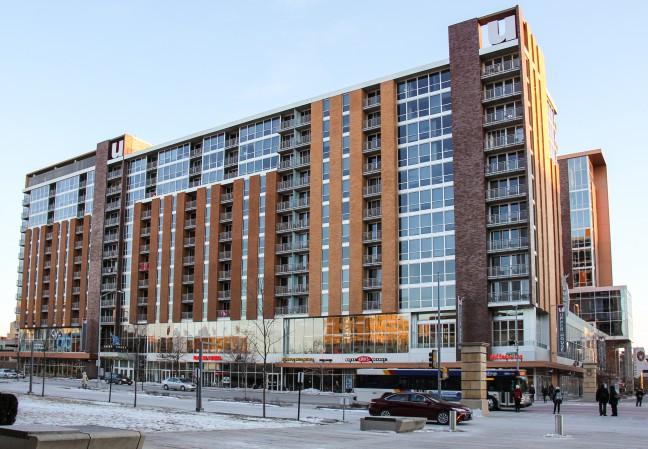Gov. Tony Evers’ office enacted emergency order number 15 ordering a 60 day hold on all foreclosures and evictions March 27.
Order 15 comes days after Evers implemented emergency order number 12, encouraging the people of Wisconsin to shelter at home.
“The threat of eviction or foreclosure poses a significant and direct threat to personal security and the public’s health during the current health emergency by removing the ability of persons to stay in their home and avoiding contact with infected persons,” the order said.
The governor’s measure in the fight against COVID-19 follows a series of pleas from progressives in Washington, D.C. to place a hold on foreclosures and evictions. According to the American Banker, several federal lawmakers expressed what they saw as a need for a moratorium on foreclosures and evictions to keep those who are financially affected by COVID-19 off the streets.
Many Wisconsinites in the rental business, like Wisconsin Apartment Association Chair Corina Eufinger, support the move by Evers. But Eufinger also expressed concern about Eufinger’s financial wellbeing if the order is extended beyond 60 days.
“We would like to see a little relaxing of the order after May 27 if only for the reason that non-renewal notices and evictions are necessary tools for landlords wishing to remove tenants that are disturbing the enjoyment of or being a nuisance to other residents,” Eufinger said.
While the order is still new, there is some concern amongst smaller rental property businesses regarding their incomes. With the newness of the order, a change in the market for spring rentals has yet to occur. Though Eufinger said it is likely this upcoming month, which Eufinger described as a busy month for rentals, it may prove slower because of renter apprehension to put down a security deposit out of fear for their own financial stability.
Eufinger said renters could have nearly 90 more days of vacancies than average. In addition to the concern of increased vacancies, there is also fear about the ramifications of slower rent collection over a period of two months.
“The majority of landlords in Wisconsin are small landlords that own less than six units,” Eufinger said. “These small landlords don’t have the access to ‘rainy day’ funds that larger investors do. Full-time landlords don’t have access to unemployment funds so they have to be their own safety net.”
Eufinger said small landlords have not experienced major issues related to rent collection, but added most work through the majority of March. As a result, May could prove to be a difficult month for landlords given many more renters will not work through much of April.
The Apartment Association of South Central Wisconsin’s Executive Director Nancy Jensen said landlords are working to draw up solutions which accommodate both their own needs and those of their tenants.
“Housing providers are working with all residents who contact them about effects of COVID-19 impacting their ability to make rent payments,” Jensen said. “Every housing provider we’ve spoken with has been working full time to assist residents with payment plans, offer month to month and short term leases to help tenants bridge this period in time, and are working with hold-over residents who have not moved out while another tenant has a lease to move in.”
With regards to the mortgage and real estate markets, Jensen said it is much harder to predict the effects of a mortgage moratorium.
Jensen said order 15 is still a relatively fresh piece of legislation and this leaves Jensen and other landlords in the dark when trying to calculate potential damage.
“It’s too soon to say how federal or state actions taken now will affect business, real estate or mortgage markets,” Jensen said. “Time will tell.”
In conjunction with landlords, a handful of lenders are working to construct personalized plans for borrowers. Director of the Federal Housing Financing Agency Mark Calabria told NPR lenders might postpone mortgage payments for a period of time they see fit.
Calabria told NPR a qualifying situation to postpone payments could be a loss of employment or an unforeseen income reduction.
“If you’ve completely lost your job, they may be able to get you down to no mortgage payment,” Calabria told NPR. “I do want to emphasize all of this is forbearance, which means it would eventually be added to the remainder of the mortgage. So it is a time-out.”
Calabria also told NPR the moratorium will be extended if the economic fallout from COVID-19 continues to impact tenants. Calabria’s moratorium does not apply to every homeowner, leaving it to the state government to determine whether or not a homeowner will continue to receive mortgage reliefs.


